Does A Detached Garage Increase Property Taxes?

Many homes today don’t have garages for various reasons. That has also resulted in many homeowners wanting or needing to add a garage. The most common type of garage in these cases is a detached garage. Detached garages are often added later, sometimes as a means of managing the expense of building a home or for the sheer desire to have a garage.
Detached garages are also preferred for homes without garages already, often because they are easier to add than an attached garage. That also leads to a common question, does a detached garage increase property taxes?
A detached garage will increase property taxes, regardless of how large or small its size. That is the corresponding result of detached garages significantly increasing the property value of your home. How much those property taxes increase will depend on how much the property value increases. Additionally, detached garages can improve the saleability of a home and make it more attractive to buyers.
For many homeowners, deciding to add a detached garage is based on practical needs. That can include reasons such as protecting and storing vehicles to adding additional storage space to the home. For others, adding a detached garage is more of an investment. Here is what you should know about adding a detached garage and its impact on property taxes.
Do You Need to Hire Garage Builders or Contractors?
Get free, zero-commitment quotes from pro contractors near you.

The Benefits of Adding a Detached Garage
Even though adding a detached garage will considerably increase your property taxes, there are also many benefits. Here is a look at the upside of adding a detached garage to your property.
Increase the property value of your home
The most notable benefit of adding a detached garage is the sizable increase in a home’s property value. Many options exist for garages, from one-car to four-car garages. The good news is, even the smallest of garages will boost the value of your home. Here is a look at some of the typical prices of garages.
- 12′ x 16′ one-car garages average $13,000 to build
- 18′ x 20′ two-car garages average $29,000 to build
- 31′ x 20′ three-car garages average $35,000 to build
- 40′ x 20′ four-car garages average $51,000 to build
Protect and Maintain the Life of Vehicles
The most common benefit of building a garage is to protect our vehicles. Garages prevent vehicles from being subjected to inclement weather. They also protect vehicles from damage caused by hail and other dangerous storms.
Along with keeping vehicles safe, detached garages also help extend the life of our trucks and cars. These benefits alone make garages a valuable asset, even without the benefits of increasing our home’s property value.
Additional Storage
Detached garages also offer homeowners the benefit of creating more room for storage. That is especially beneficial for homes without full basements or a lack of storage space.
Alternate Uses
Using the garage as a workshop or game room, for example, is another way that garages are finding alternate uses. These creative and alternate uses for garages are also quickly gaining in popularity.
No Access to the Home
More than a few burglars find access into the home through the garage. That isn’t the case with detached garages and is one more reason why homeowners opt to build detached garages instead of structures attached to the home.
Cost
Not only are detached garages easier to build, but they also are less expensive to construct. That also means that a section of the house won’t need to undergo a remodeling process, all of which saves time and money.
The Cons of Adding a Detached Garage
There are many benefits of building a detached garage, but there are also some concerns. Here is a look at the issues that go along with adding a detached garage to your property.
Space Requirements
One of the major differences between an attached and detached garage is the amount of space detached garages require. While an attached garage is connected to the home, naturally a detached garage is not. That inevitably results in the loss of yard or lot size. Homeowners who don’t have roomy yards or much property will sacrifice considerable room and yard space.
Utility Concerns
Detached garages do not share the heating and cooling systems used by the home. That also means detached garages will need separate heating and cooling sources. Yes, that also equates to another heating and cooling bill. That is especially true for homeowners who use their garages for alternative purposes.
Safety Considerations
Although detached garages eliminate potentially easy access to the home, that isn’t always a benefit. In many scenarios having access to the home without stepping outside provides an additional layer of security.
Detached garages also require homeowners to deal with poor and cold weather as a result of being separated from the home. That can also be concerning for families that have young or elderly residents during icy or dangerous conditions.
What are the Different Types of Detached Garages?
Garages have come a long way. Today, homeowners can choose from a wide range of styles and types of detached garages. Here are the most common options for homeowners considering adding a detached garage.
Standard Garages
These are still the most common types of garages built today. There isn’t much to this type of garage, and they are typically unfinished garages. Most standard garages don’t consist of much more than a garage door and an entry door, and perhaps an occasional window.
Apartment Garages
With additional space either above or beside (and sometimes both), these garages are designed to create more room. These garages likely earned their name as many homeowners have rented out the extra space to tenants.
Colonial Garages
There isn’t much distinction between the purpose of a standard garage and a colonial-style garage. The greatest distinction is in the appearance of the colonial garage. As its namesake suggests, these garages mimic colonial-style architecture and are typically built to match colonial-style houses.
SUV Garage
An SUV garage, as it sounds, is made to house and protect SUVs. Accordingly, these garages are designed to be a little more spacious, and they typically offer more clearance height. As SUVs continue to grow in popularity, we can also expect to see more of these newer types of garages popping up.
Oversized Garages
Like it sounds, oversized garages are built to create more room inside the garage. These garages typically have more room to walk around the vehicles and offer additional storage room if needed. These types of garages are also normally only one-story garages.
Shop Garages
One of the garages growing in popularity is the shop garage. These garages are easily defined by the additional shelving, racks, workspace, benches, and other workshop-type additions. Many mechanics will have these garages built and often spend time working from home.
Do You Need to Hire Garage Builders or Contractors?
Get free, zero-commitment quotes from pro contractors near you.

Does a Finished Garage Increase My Property Tax?
Like any remodeling project or addition to your home, if it is deemed an improvement, it will also likely increase your home’s property value. That, in turn, will also increase the amount of your property tax.
Although finished garages and upgrades won’t create the same type of increase as the initial building, it will have an impact on both the property taxes and property value. The valuation process will determine the increase in value of your garage and thereby the amount of your property tax.
Choosing the right garage will depend on each homeowner’s needs. The good news is that even with the increase in property taxes, the overall ROI normally makes building a garage a worthwhile investment. Picking the best garage, however, is something that only the homeowner can decide. The increase in property value, though, is entirely up to the type of garage and its value.
Related Guides

We are a team of passionate homeowners, home improvement pros, and DIY enthusiasts who enjoy sharing home improvement, housekeeping, decorating, and more with other homeowners! Whether you're looking for a step-by-step guide on fixing an appliance or the cost of installing a fence, we've here to help.
More by Upgraded Home Team



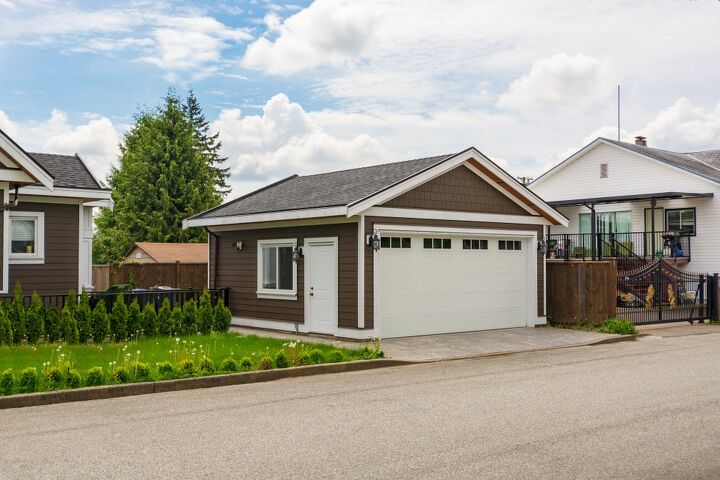






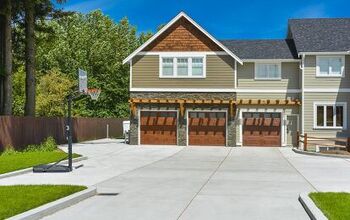
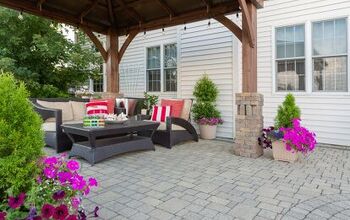
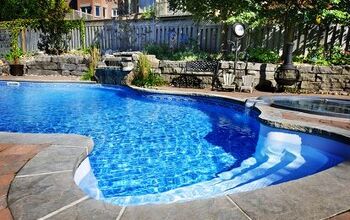
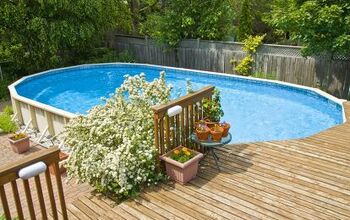
![10 Best Zero Turn Mowers – [2022 Reviews & Ultimate Buyer's Guide]](https://cdn-fastly.upgradedhome.com/media/2023/07/31/9070522/10-best-zero-turn-mowers-2022-reviews-ultimate-buyer-s-guide.jpg?size=350x220)

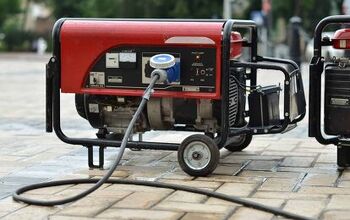
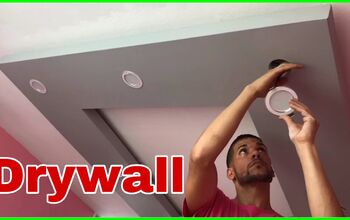


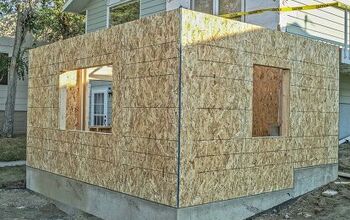


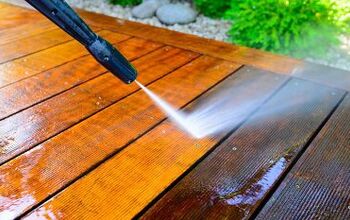
![Cost To Drill A Well [Pricing Per Foot & Cost By State]](https://cdn-fastly.upgradedhome.com/media/2023/07/31/9074980/cost-to-drill-a-well-pricing-per-foot-cost-by-state.jpg?size=350x220)


